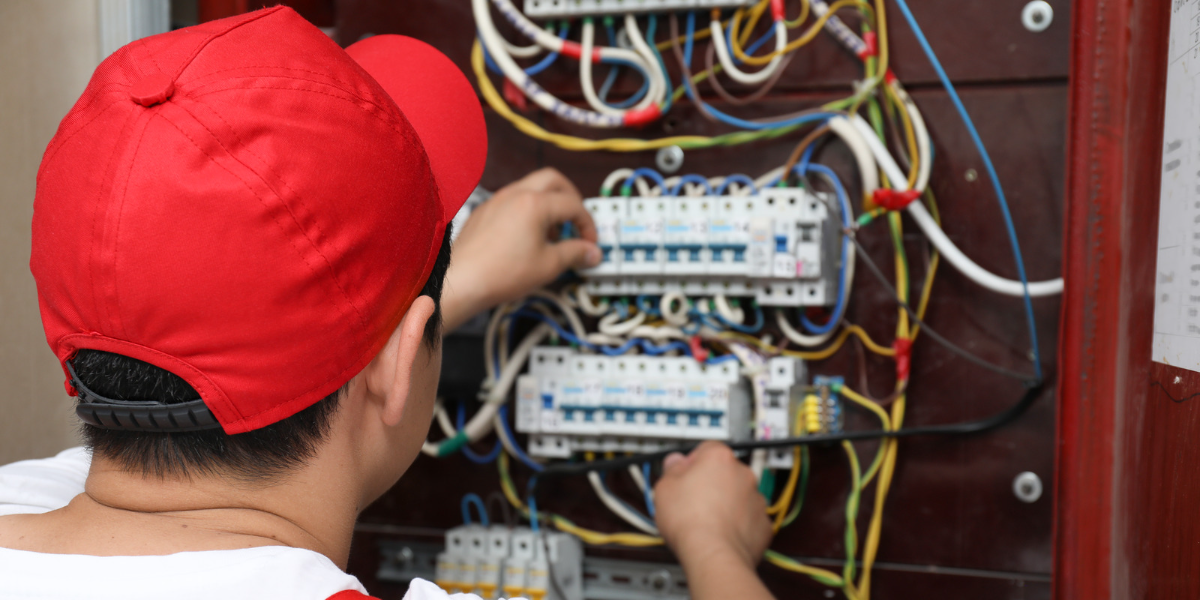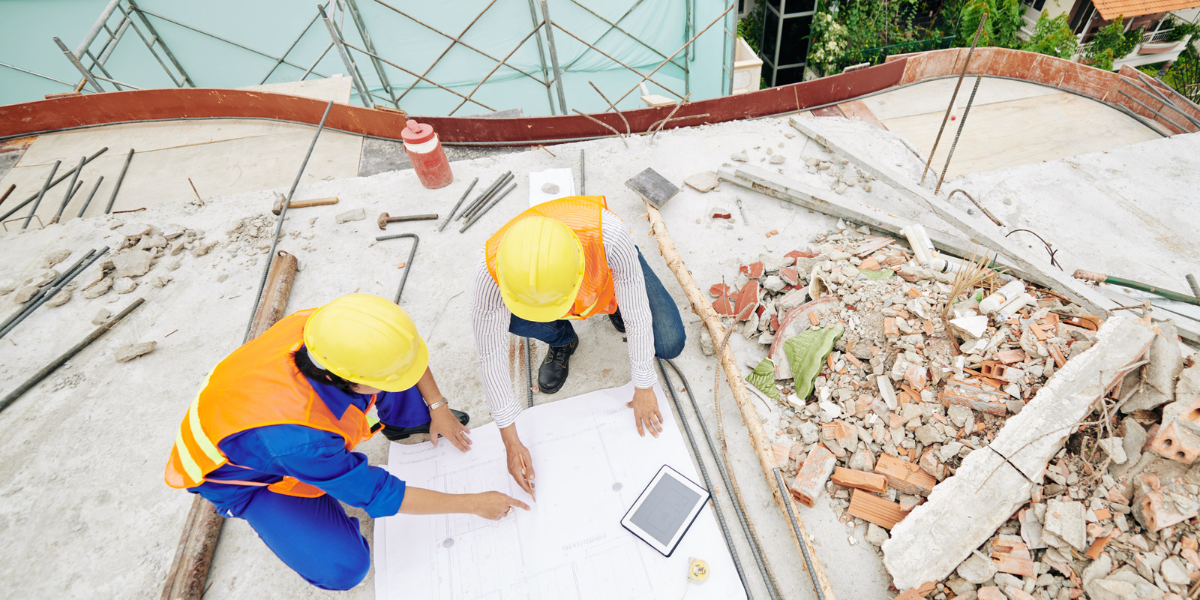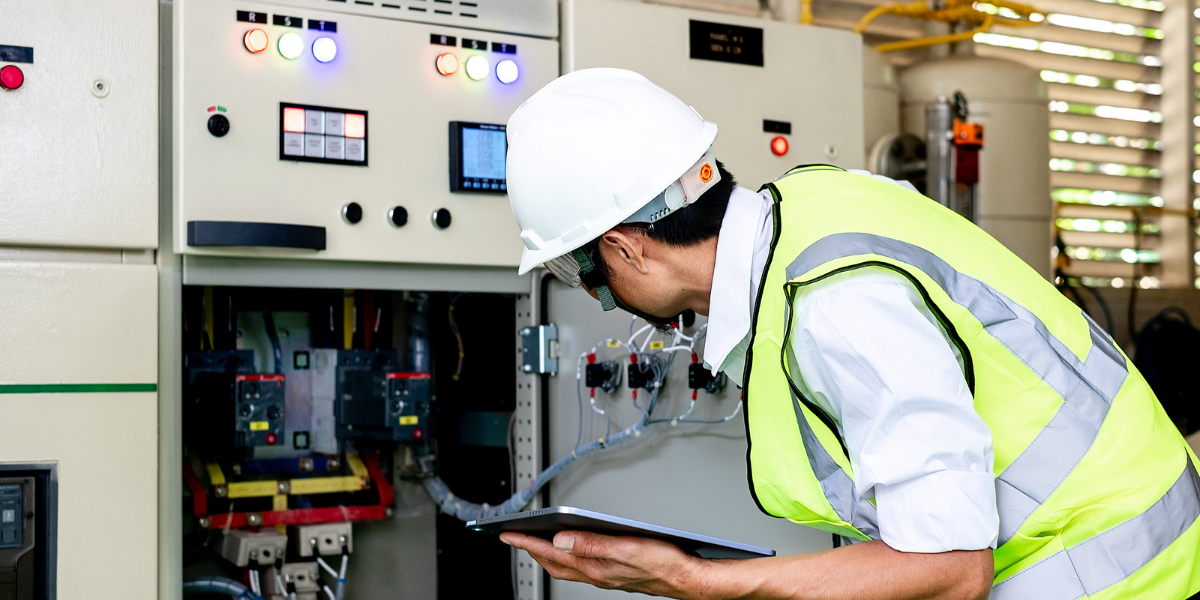
Decoding Contractors All Risk Insurance: Essential Protection For Your Construction Projects
As a seasoned commercial insurer, we've come to understand the importance of risk management in our line of work. One tool that has proven indispensable in mitigating these risks is Contractors All Risks Insurance. This policy is designed to cover all risks associated with a construction project, providing comprehensive coverage to contractors and employers.
Contractors All Risks Insurance, often abbreviated as CAR, protects against many risks during construction. These include, but are not limited to, risks arising from fire, theft, accidents, natural disasters, and even negligence. The policy also covers legal liabilities arising from third-party liability claims due to property damage or bodily injury during the construction project.
It's important to note that while the policy is named Contractors All Risks Insurance, it does not imply that every conceivable risk is covered. Like any insurance policy, there are exclusions. However, it does provide a broad spectrum of coverage, making it a vital tool for risk management in construction projects.

Importance of Contractors All Risks Insurance In Construction Projects
Construction projects are, by their nature, fraught with risks. From unexpected natural disasters to human error, these risks can cause substantial financial losses. A Contractors All Risk Insurance policy provides a safety net, safeguarding your financial health against unforeseen incidents.
Imagine starting a construction project. You've invested significant money and time, and everything is going smoothly. Then, an unexpected storm hits and causes extensive damage. Without Contractors All Risk Insurance, you'd have to bear the cost of repairing and replacing damaged materials and equipment, and the delay in project completion could also result in financial losses.
With a comprehensive CAR policy, these costs would be covered.
Moreover, construction projects often involve multiple parties, including contractors, subcontractors, and clients. A CAR policy ensures that all parties are covered, making it a crucial aspect of contract negotiations. It promotes a sense of security and trust, knowing that the insurance policy has covered you if anything goes wrong.

Understanding The Coverage Of Contractors All Risks Insurance
A typical CAR policy will cover physical damage to the works, plant, and materials and includes third-party liability (typically a Public Liability coverage). If your construction project causes property damage or physical injury to a third party, the insurance policy will cover any compensation you are legally liable to pay.
Another important aspect of a CAR policy is its coverage for business interruption. Should a covered risk event occur that forces your project to a halt, the policy will cover the financial losses resulting from the delay. This could include lost profits or additional costs necessary to expedite project completion.

Types of Risks Covered Under Contractors All Risk Insurance
It's important to note that while a CAR policy provides broad coverage, it does not cover every conceivable risk. There are certain exclusions. For example, general wear and tear, faulty design, or losses resulting from a contractor's deliberate act are typically not covered.
Therefore, it's crucial to understand your policy in detail to know what is covered and what is not.

Benefits Of Having Contractors All Risk Insurance
Another major benefit of CAR insurance is its comprehensive nature. Unlike other insurance policies that only cover specific risks, a CAR policy provides broad coverage. This eliminates the need for multiple insurance policies, saving you time and hassle.

Common Misconceptions About Contractors All Risk Insurance
Despite its importance, several misconceptions exist about Contractors' All-Risk Insurance (CAR). One common misconception is that it covers every conceivable risk. While it provides broad coverage, a CAR policy has exclusions.
Some common exclusions for Contractors All Risk include;
- Liability is assumed by agreement.
- Liability to pay compensation under Worker's Compensation Act.
- Liability in respect of loss or damage to your own property or property under your customer care and control.
- Liability caused by vibration.
- Liability arising from fire, earthquake, explosion, flood, fumes, pollution and contamination.
- Pure financial loss.
- Fines, penalties, punitive and exemplary damages.
- War risks and any act of terrorism.
- Radioactive and nuclear energy risks.

Steps To Claim Your Contractors All Risk Insurance
If a loss event occurs, it's important to know how to claim your Contractor All Risk Insurance. The first step is to notify your insurer as soon as possible. Provide them with all the necessary incident details, including the cause, extent of damage, and estimated costs.
Next, document the loss. This includes taking photographs of the damage and keeping records of all related costs. It's also a good idea to keep a log of events following the incident.
Finally, submit a formal claim to your insurer, including all the supporting documentation. The insurer will review your claim and, if approved, will compensate you for the covered losses.

Working With An Agency
Contractor All-Risk policies can be complex, and it is always advisable to work with an experienced agency to ensure you have the right coverage in place. Talk to one of our consultants at Cover Buddies for some ideas on how we can assist. Contact us via WhatsApp or book a free consultation to get started.